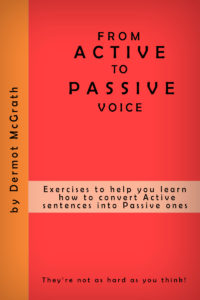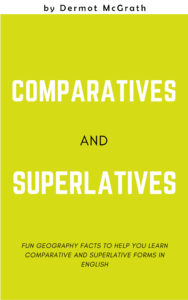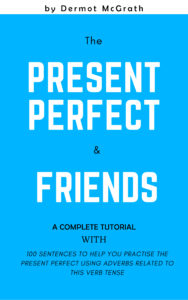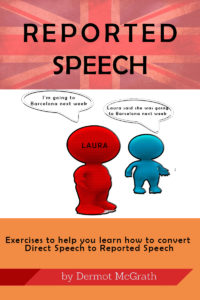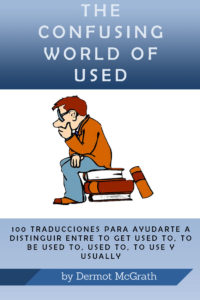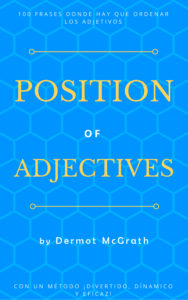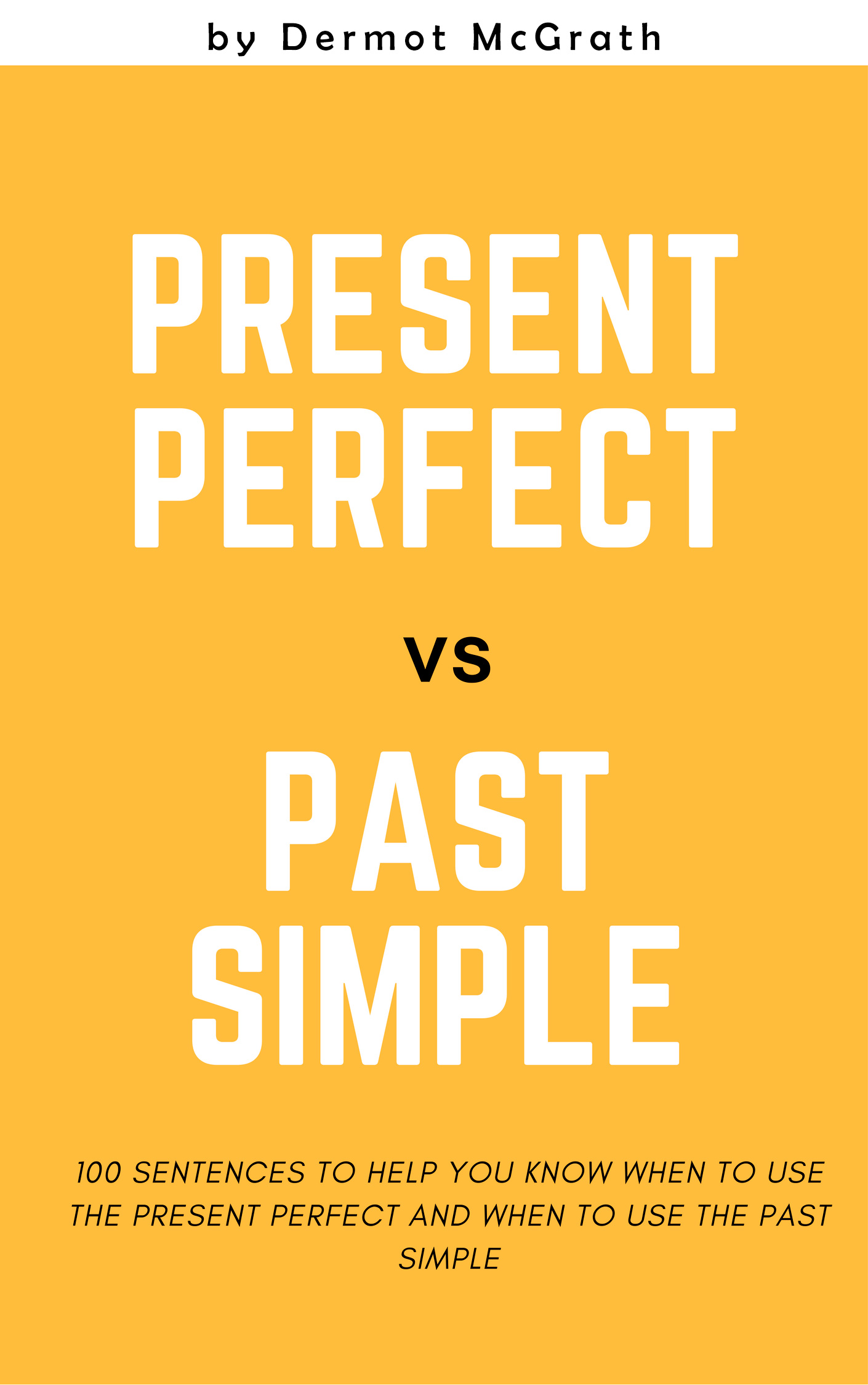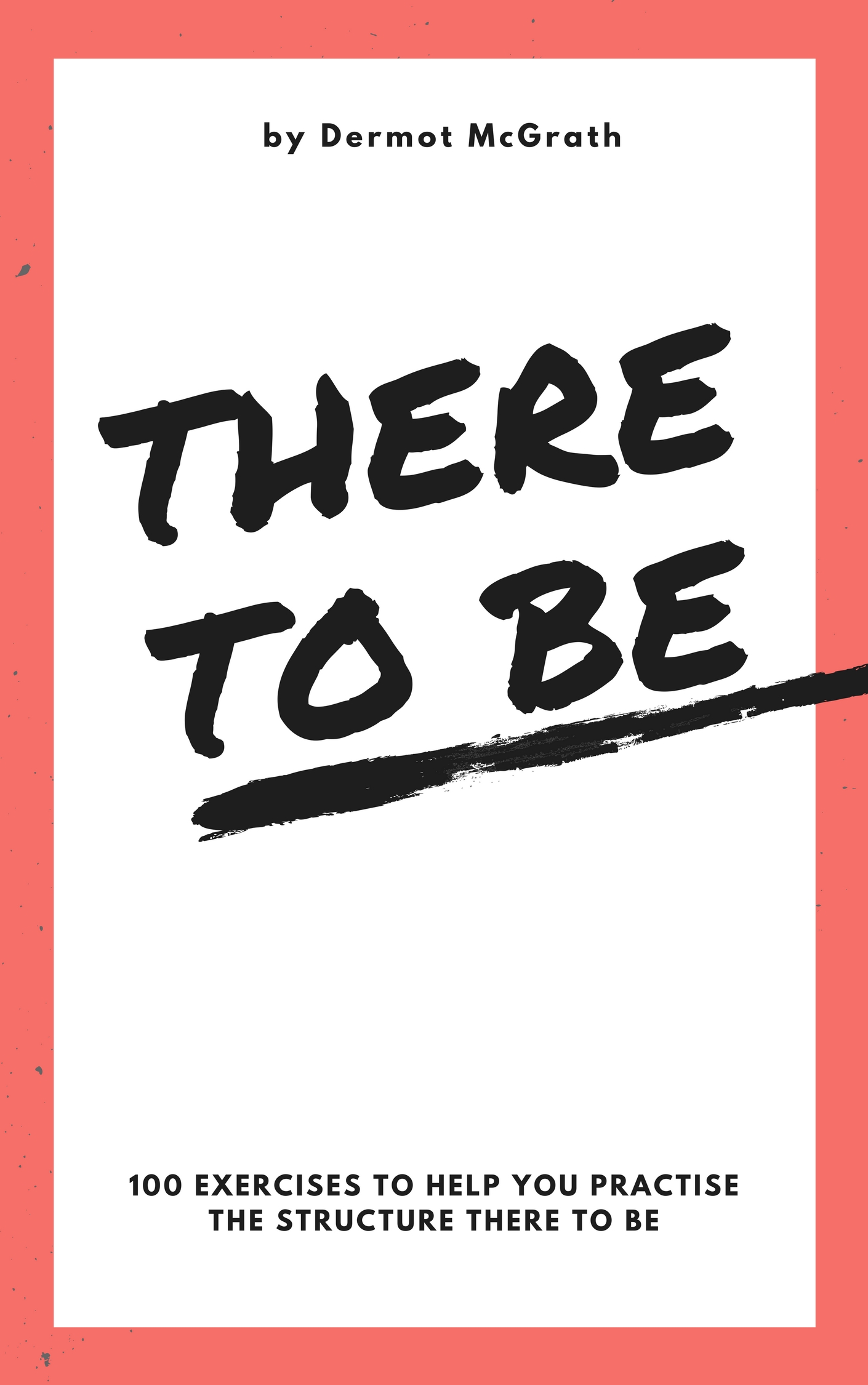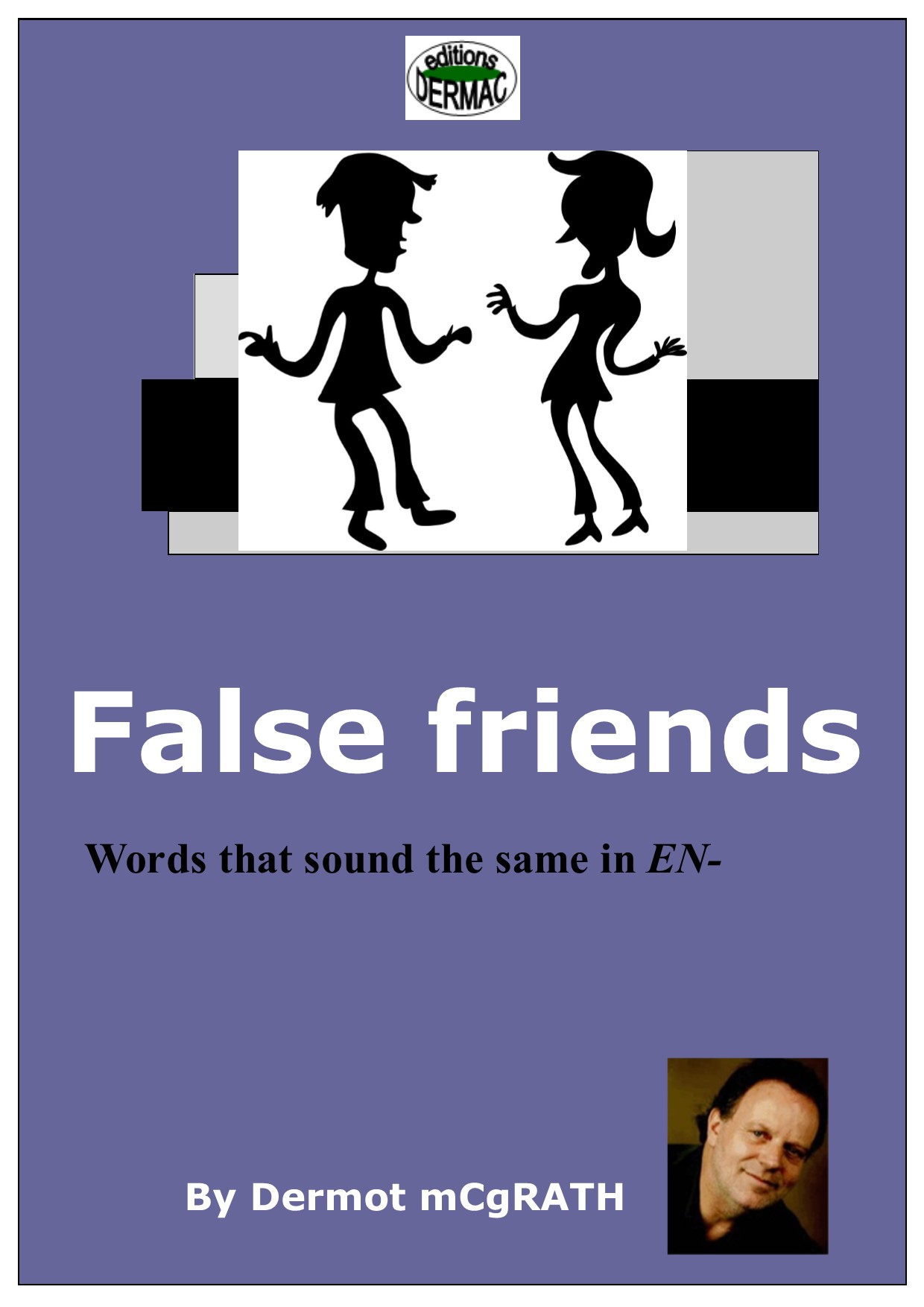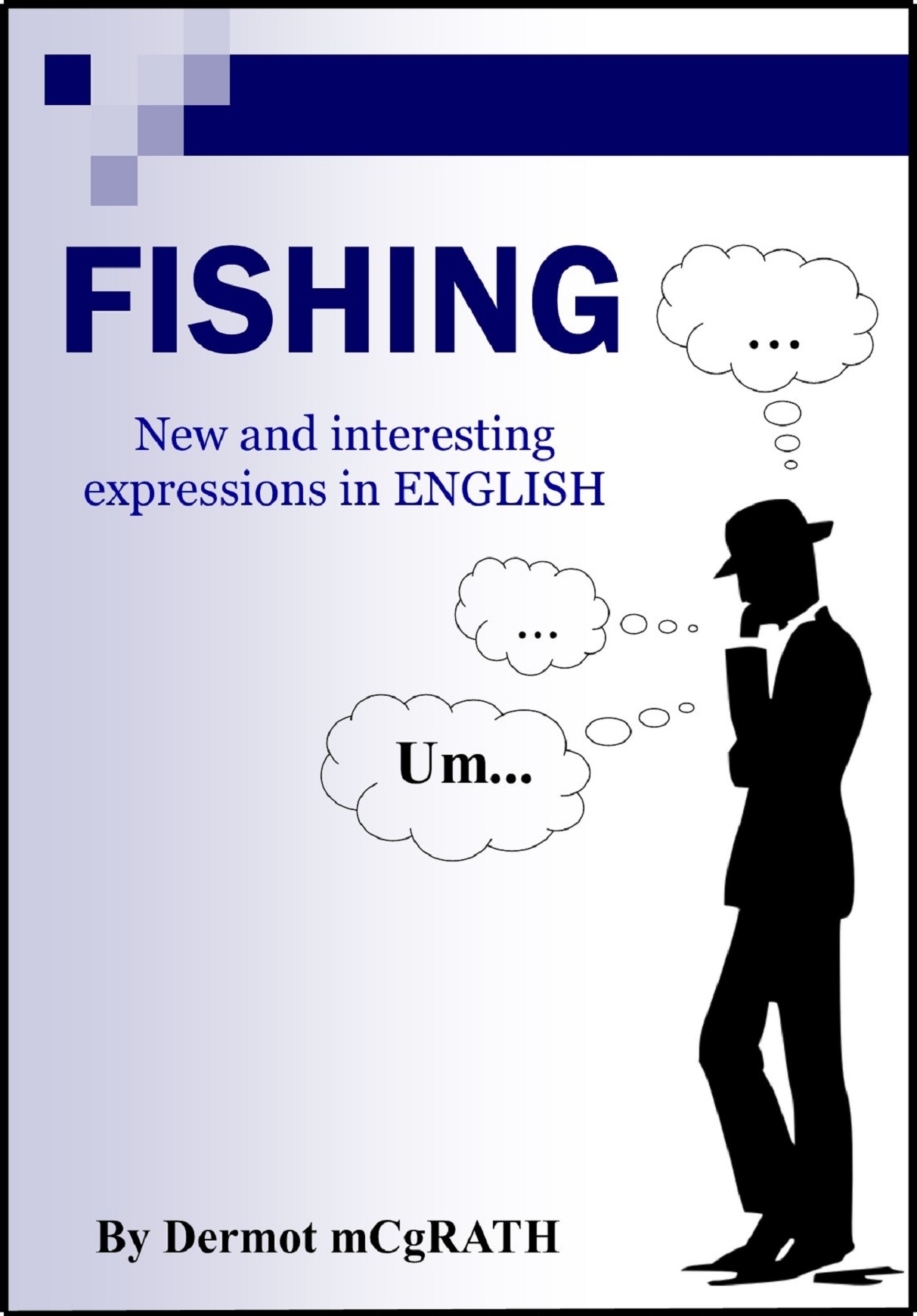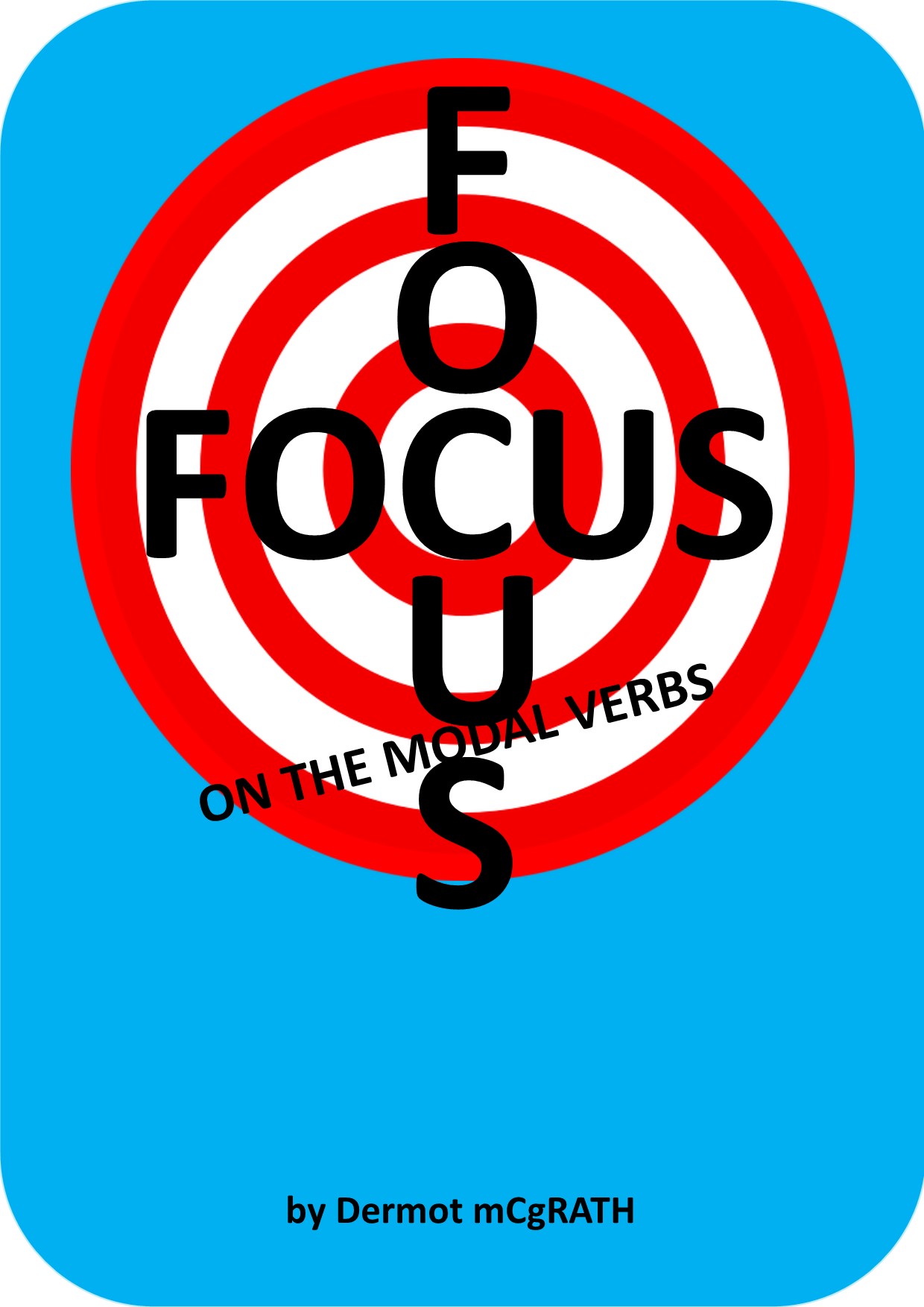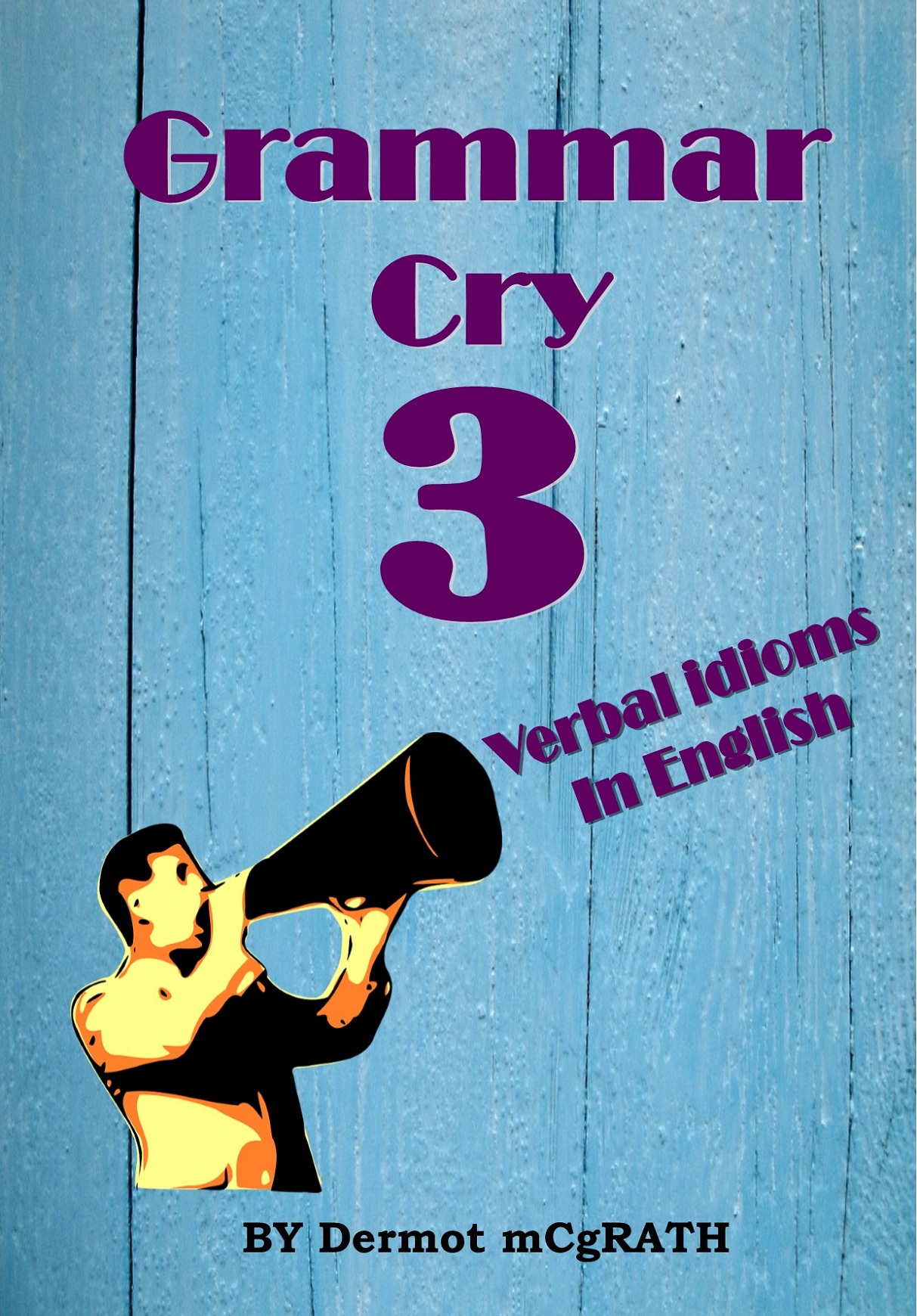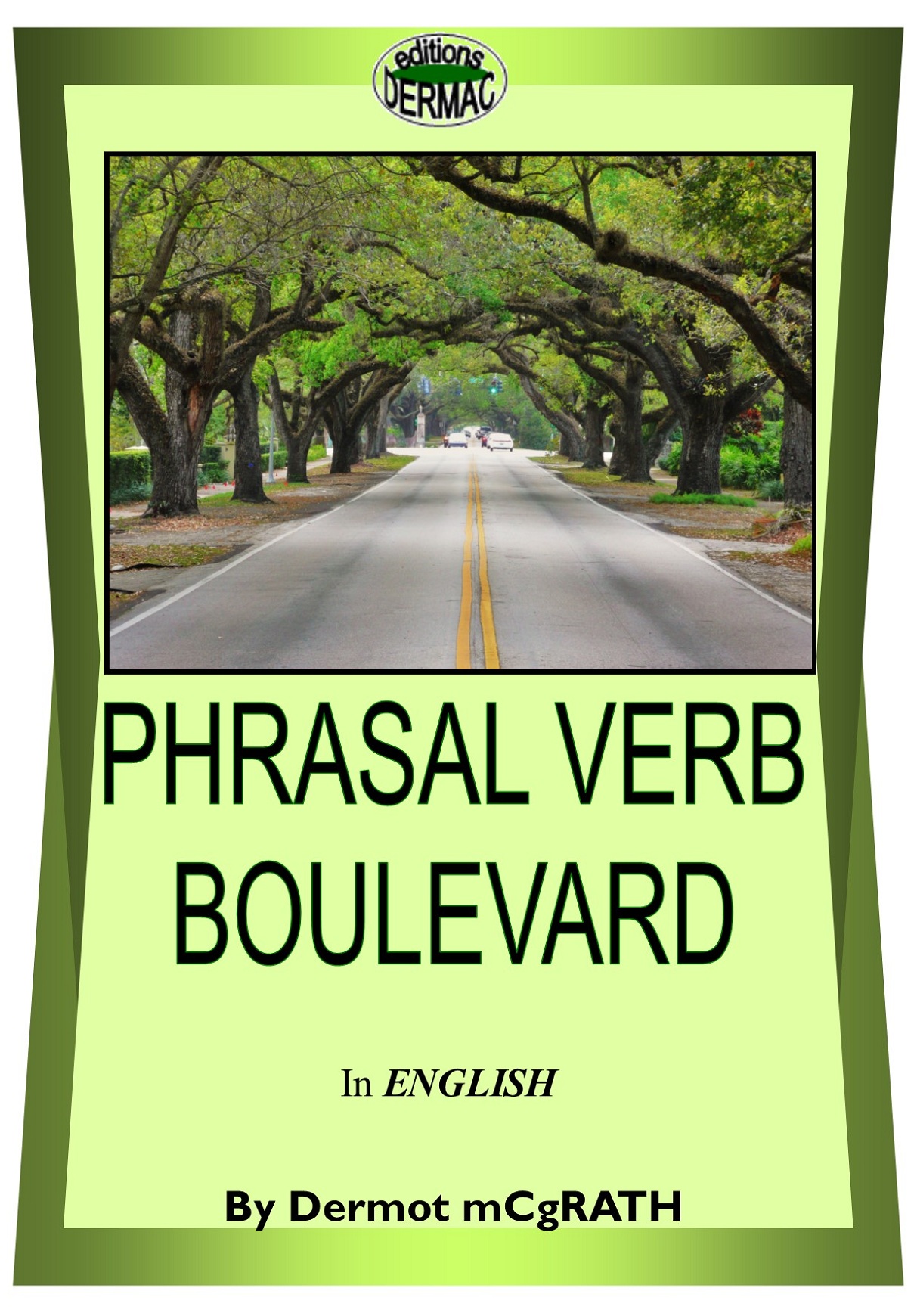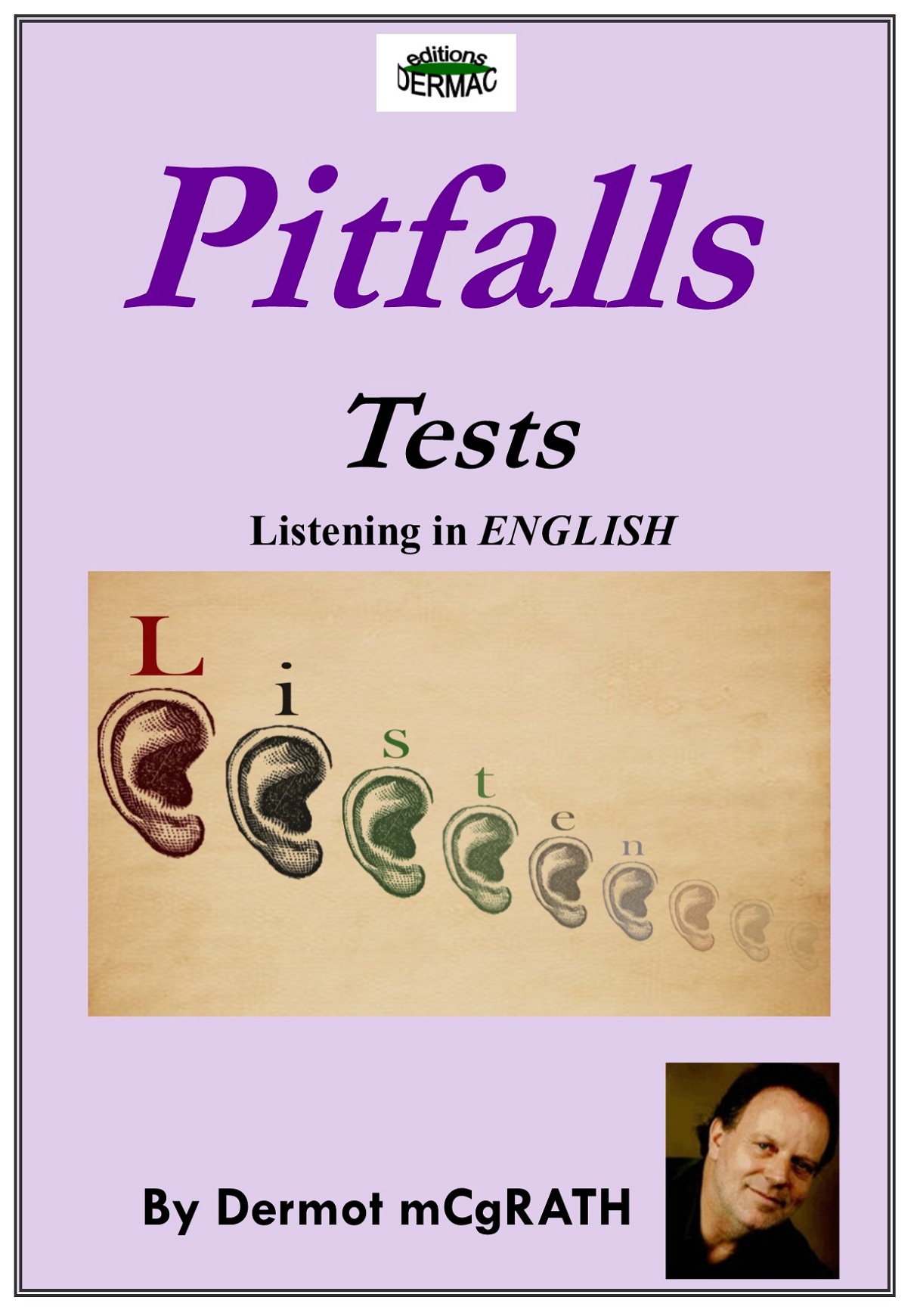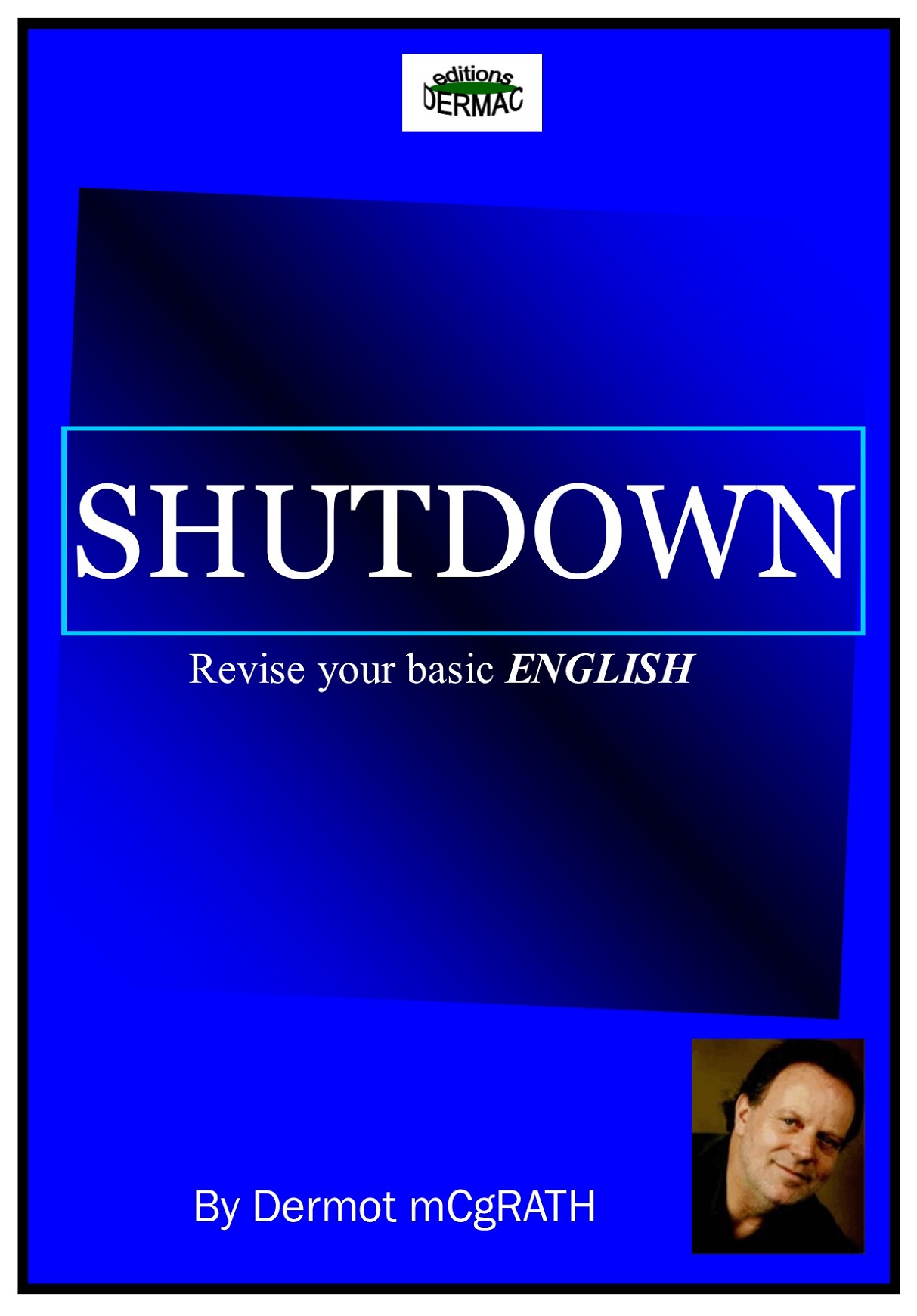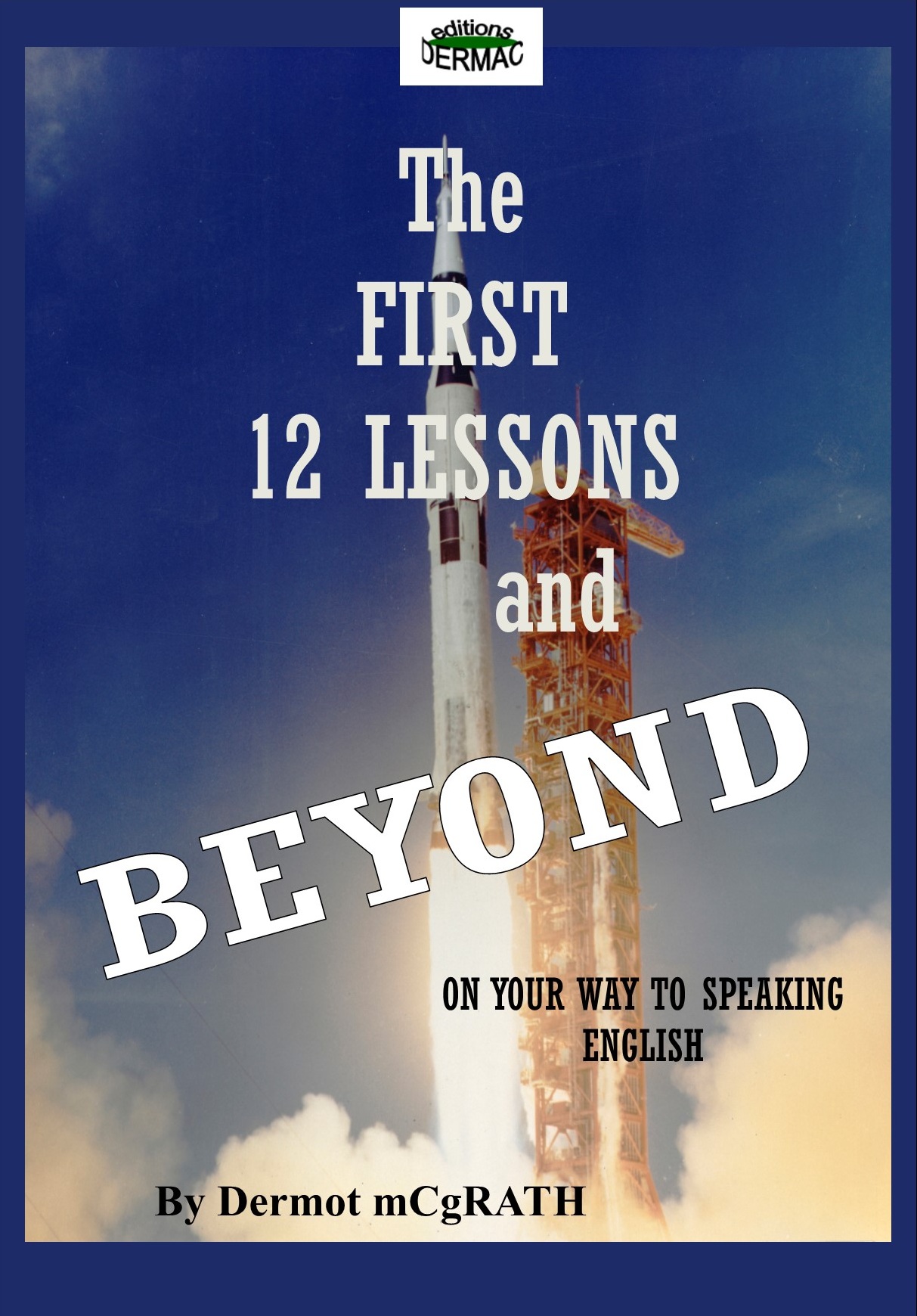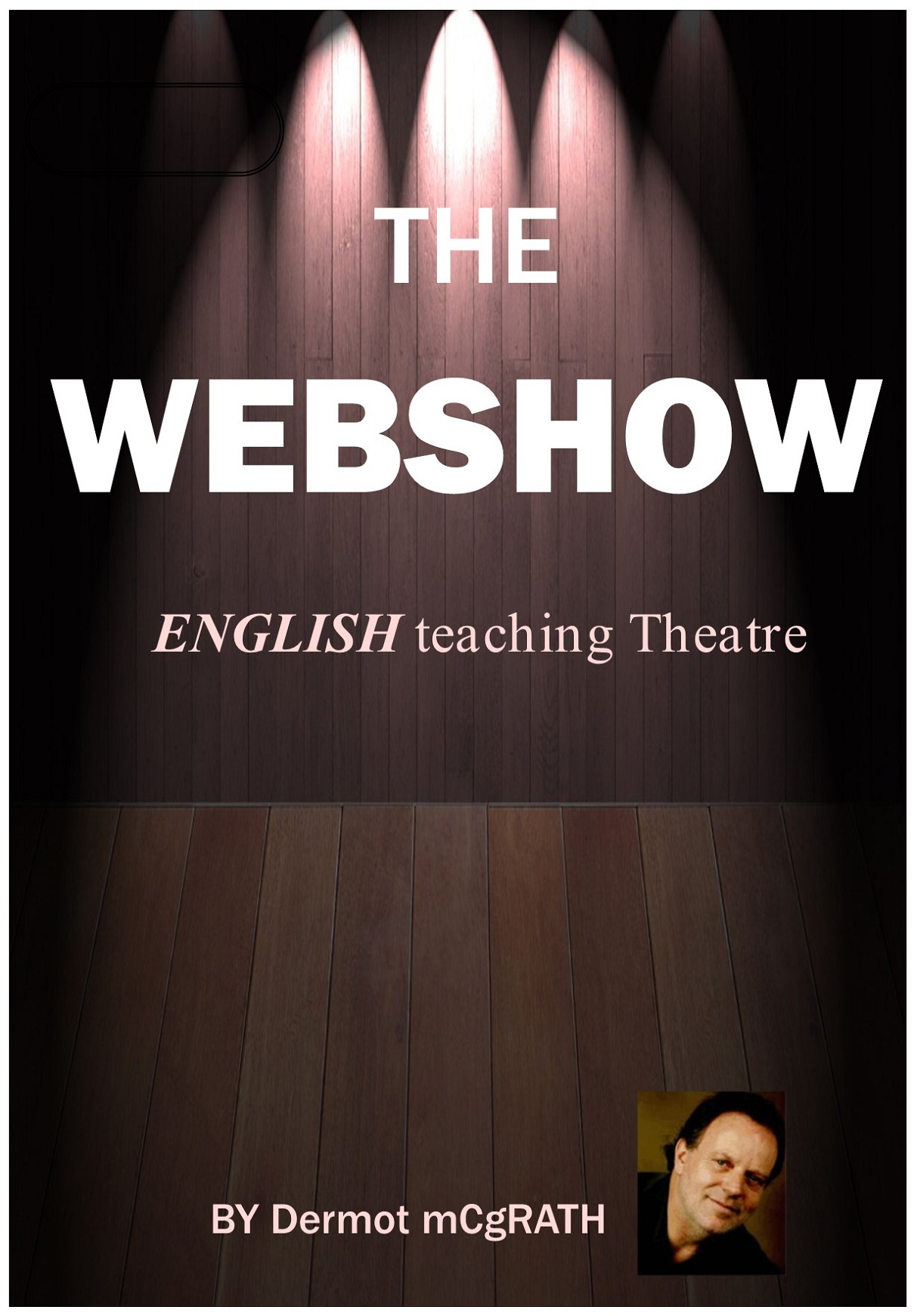See available books
I’ve been writing English as a Second Language (ESL) books for foreign students for many years. I published my first book, which was titled The First Twelve Lessons and Beyond in 1979.
EVERY MOMENT COUNTS
Many of the following titles are available in larger bookshops in the main cities of mainland Spain. They can also be found on Amazon.
If you are interested in a particular title and are having problems finding it, please contact us.
Most of the following titles have been modified (or are in the process of being modified) to PDF and ePub format. These books will soon be available in an interactive format and therefore suitable for reading on Kindle, laptops and mobile phones.
My latest books
You can see my most recent books here, which are available on Amazon.
TO BE or BEING
If you’re in a London pub and tell the bartender, “I would like having a pint of Guinness,” he will understand you perfectly. However, he might think, “This guy speaks poorly.” With this book, learn which verbs go with TO and which go with ING, and then you’ll say correctly, “I would like TO HAVE…”
Active Voice to Passive Voice
We can say, “The bullfighter KILLED the bull.” That’s Active Voice. But the English prefer to say, “The bull WAS KILLED BY the bullfighter.” That’s Passive Voice. Now, why not say, “The bullfighter WAS KILLED BY the bull.” It’s because sometimes The bull wins! Ole! Learn to differentiate well between Active and Passive Voice in this fun book.
Phrasal Verbs
Native speakers can hardly say a sentence without containing one of those cursed phrasal verbs.
“KEEP MUM” is not keeping your mother! but KEEP QUIET.
In this book, you will see the 100 most important ones. Oh! Of course… when the English invented English, they didn’t consult with the Spanish.
Comparatives and Superlatives
If you say in a restaurant, “It was the baddest meal I’ve ever had,” it’s wrong. You should say WORST! This book will clarify your doubts about comparatives and superlatives. But don’t worry! We all make mistakes. Now, why make the same mistake when there are so many others you can make?
The Present Perfect & Friends
A very common mistake that Spanish speakers make when speaking English is “I have seen a good film last night.” Of course, your English interlocutor will understand you well, but you should have said “I saw…” to make the sentence perfect. In this book, you will see in which situations you should use the Present Perfect and in which ones you shouldn’t!
Reported Speech
INTREPID REPORTER REPORTS ON REPORTED SPEECH. What a tongue twister! Bet you can’t say it three times without stumbling. But where you won’t stumble is in knowing how to use – finally! – Reported Speech in English. With the Reported Speech book, the intrepid teacher Tom Red will teach you how to deal with Indirect Speech in English once and for all.
Confusing World of Used
“Pablo used to speak Spanish every day, but he went to live in London. He usually speaks English at work. At first, he wasn’t used to speaking English, but he soon got used to it. Now, he uses English more than Spanish.” Phew!! Could you do this in English with “get used to,” “be used to,” “used to,” “usually,” and “use” (verb)? This book will be perfect for navigating the confusing world of USED.
Position of Adjectives
The position of adjectives in English is usually the opposite of Spanish. If you tell an English person, “He is a man tall with a face friendly,” don’t be surprised if they say you’re missing only the feather. Avoid direct translation! Remember that when the English invented English, they didn’t consult with the Spanish. Ok, ok, nor the other way around! Sorry! But get on track with this good book.
British vs American English
If you’re in a department store in New York and ask where the LIFT is, they won’t understand you as they say ELEVATOR.
A motorway is DUAL-CARRIAGEWAY in the UK but FREEWAY in the US.
And so it goes with hundreds of words. BRITISH Vs AMERICAN ENGLISH is an ideal book for you.
FANBOYS
The English love their language so much that they formed a rock band that sings the virtues of their grammar. If you have trouble using English conjunctions, don’t worry. The FANBOYS will get you up to speed quickly, and you’ll never make a mistake again when using For And Nor But Or Yet y So.



